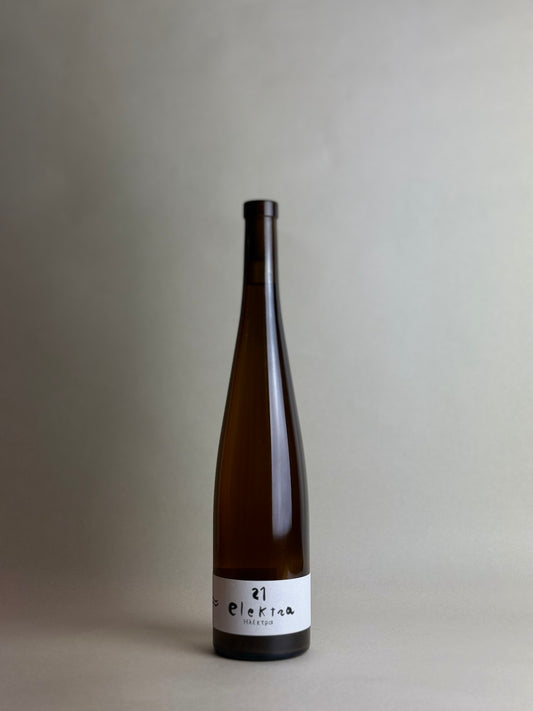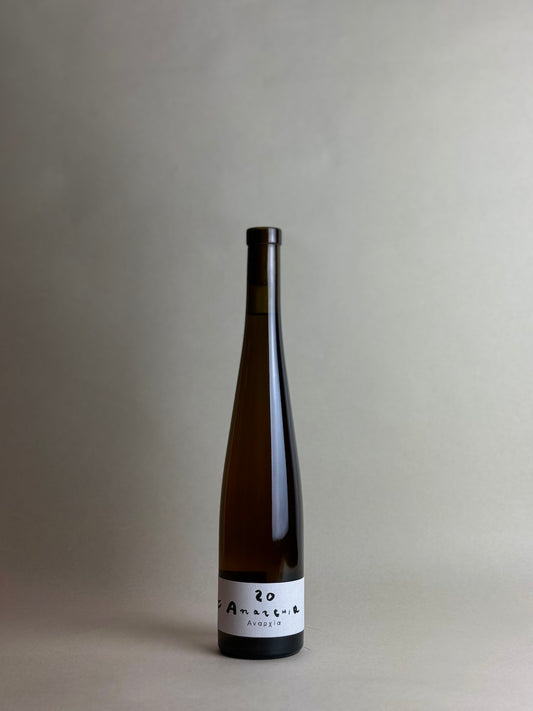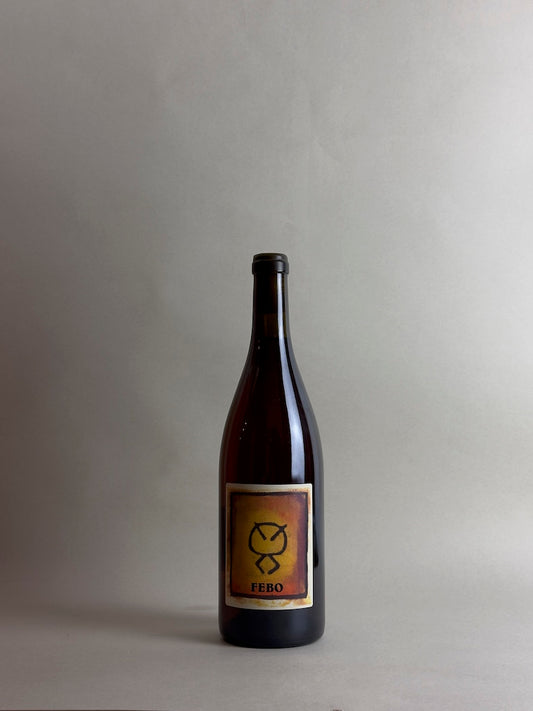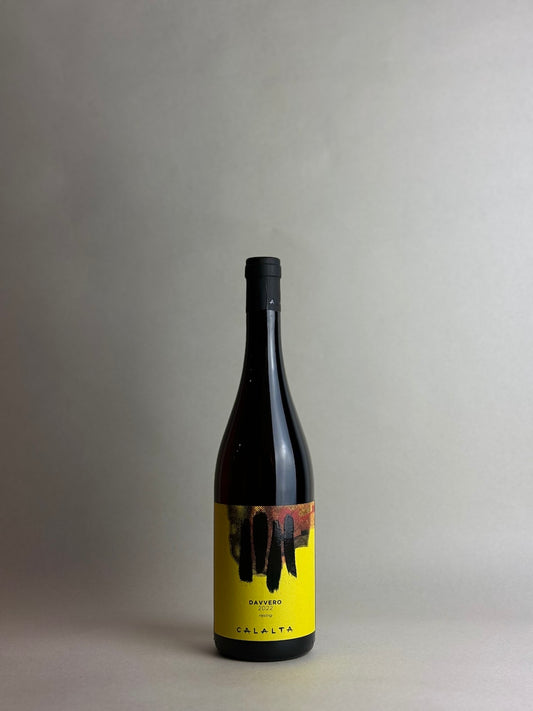Collection: ORANGE WINE
Orange Wines come from white grapes, produced like red wines, meaning that the grape juice stays in contact with the skins for various time, it can be hours, days, months or years.
The contact with the skins in wine is called maceration. Normally, the longer the maceration, the darker the wine, but the grape variety is also an important factor in defining the colour. Some grape varieties macerated just few days can produce darker orange wine than other varieties macerated for months.
Besides long macerated wines, in the past at least few hours of contact with the skins was necessary to start the fermentation, as market yeasts weren't a thing, and the main part of natural yeasts of the grapes is found on their skins.
This happens also today, especially, in the production of Natural Wines. Therefor it creates some confusion, with people referring to Orange Wines, meaning Natural Wines.
It’s true that many producers of orange wines apply minimal intervention and very low sulphur, but this isn’t a prerequisite for the style.
This old vinification method was largely forgotten with the advent of industrialisation and cultured yeast in the 70s, and eventually saw a rising come back from the late 90s.
Other than color an important characteristic is in the taste. Many wine makers think that some grapes are more expressive with the maceration, and have more worth extracting from the skins. Grape variety and terroir are very important, some varieties react better to skin maceration than others.
Today there is a huge variety of styles, from wines you'd barely says there had been any skin contact, to those which fill the mouth with tannins.
In general Orange Wines are profound, rich, with intense aromatic profile, and, sometimes significant, tannins. They are delicious in their simplicity, and astounding in their complexity.
-
 Sold out
Sold outValdisole - Elektra 2021
Regular price €29,90 EURRegular price -
 Sold out
Sold outValdisole - Gaia 2022
Regular price €26,20 EURRegular price -
 Sold out
Sold outValdisole - Anarchia 2020
Regular price €29,50 EURRegular price -
Calalta - Davvero 2023
Regular price €22,90 EURRegular price -
Valdisole - Anarchia Flor 2018
Regular price €29,50 EURRegular price -
 Sold out
Sold outValdisole - Enigma 2018
Regular price €8,00 EURRegular price -
 Sold out
Sold outValdisole - Elektra 2018
Regular price €35,00 EURRegular price -
 Sold out
Sold outJosko Gravner - Ribolla 2007
Regular price €140,00 EURRegular price -
 Sold out
Sold outLa Stoppa - Ageno 2012
Regular price €38,00 EURRegular price -
 Sold out
Sold outDenavolo - Dinavolo 2015
Regular price €38,00 EURRegular price -
 Sold out
Sold outDenavolo - Mansano 2019
Regular price €32,00 EURRegular price -
 Sold out
Sold outSkerk - Ograde 2018
Regular price €32,00 EURRegular price -
Valdisole - Elektra 2023
Regular price €20,90 EURRegular price -
Calalta - Davvero 2023 MAGNUM
Regular price €48,00 EURRegular price -
 Sold out
Sold outNicola Gatta - Febo 2021
Regular price €59,00 EURRegular price -
 Sold out
Sold outRadikon - Oslavje 2013
Regular price €38,00 EURRegular price -
 Sold out
Sold outRadikon - Ribolla 2015
Regular price €38,00 EURRegular price -
 Sold out
Sold outValdisole - Armonia 2022
Regular price €18,90 EURRegular price

















